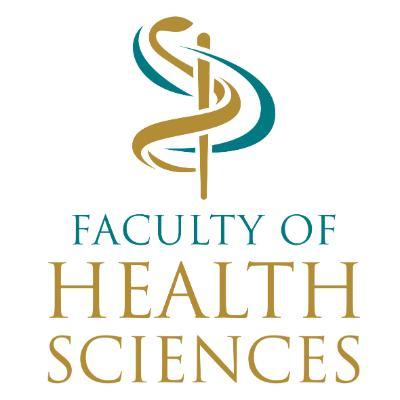Carrier detection, confirmation of clinical diagnosis and prenatal diagnosis are becoming possible for an increasing number of single gene disorders.
The Molecular Laboratory remains the largest diagnostic laboratory in the country, performing specialised testing for more than 40 genetic disorders, including almost 80% of tests offered nationally. The majority of referrals are received from State hospitals, with a significant number from the private sector, and from outside of South Africa. The laboratory participates and excells annually in the European Molecular Genetics Quality Network (EMGQN) external quality assessment scheme.
Tests for inherited biochemical abnormalities are done by the Biochemistry Laboratory.
Lab Manager - Ms Fahmida Essop
Contact: 011 489 9234
Email: fahmida.essop@nhls.ac.za


